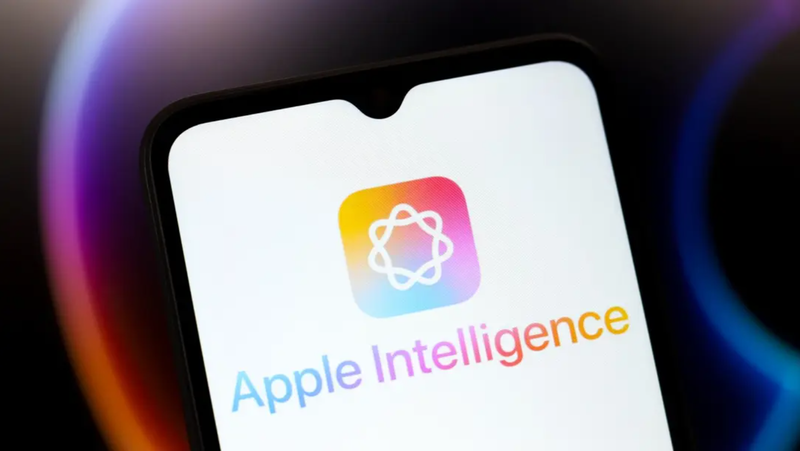Report: China Buying Nvidia Chips Despite US Export Ban
Chinese universities, government-linked artificial intelligence (AI) institutes, and military establishments have reportedly bought small quantities of Nvidia semiconductors banned by the US from export to China and Hong Kong in 2022....
Facts
- Chinese universities, government-linked artificial intelligence (AI) institutes, and military establishments have reportedly bought small quantities of Nvidia semiconductors banned by the US from export to China and Hong Kong in 2022.1
- According to a report published by Reuters, largely unknown Chinese suppliers provided Nvidia's A100, H100, A800, and H800 chips to the PRC over the past year despite the export bans.2
- In the wake of the US restrictions, Chinese firms have been allegedly repurposing high-performance chips from thousands of Nvidia gaming graphics cards to develop AI tools.3
- Following an additional ban on US exports of advanced chips to China last year, Beijing reportedly retaliated by restricting exports of gallium and germanium, which are crucial to manufacturing electronics and semiconductors.4
- Last December, the US export ban propelled Nvidia to launch the GeForce RTX 4090 D, a new China-focused gaming chip that it claimed had been 'designed to fully comply with U.S. government export controls.'5
- However, Chinese customers claim that the made-for-China Nvidia superconductors, reportedly intended to meet the region's growing demand for AI systems, are expensive and have suboptimal performance.3
Sources: 1MSN, 2Bloomberg, 3Financial Times, 4BBC News and 5Coin Telegraph.
Narratives
- Pro-establishment narrative, as provided by The New York Times. The global AI race is real and the US and its allies are well within their rights to safeguard their AI-related geopolitical interests. In any case, a situation in which China or Russia uses their technology to beat the West in this field is unacceptable. To avoid that, the US and its global allies must present a united front — measures like geo-tagging of AI chips should be made standard. Export curbs aren't enough if they are not leak-proof.
- Establishment-critical narrative, as provided by Global Times. Penalizing Beijing for its stupendous growth may help the US curb China's AI industry in the short run, but it won't stop its development forever. Such curbs eventually hurt the US and the West because American companies are losing out on a lucrative market. No wonder chip-making giants like Nvidia and Qualcomm are pushing back against such bans. The US and its friends in its so-called 'rules-based order' should not try to squeeze the AI market in a multipolar, high-tech world.







